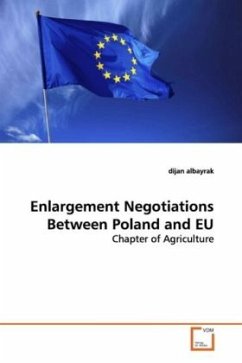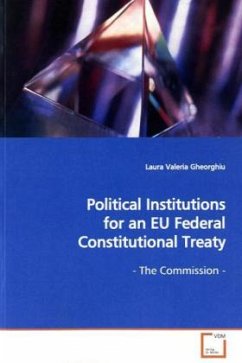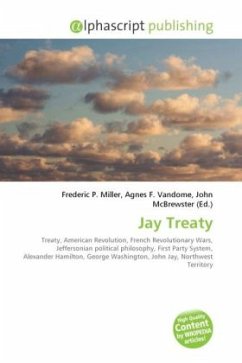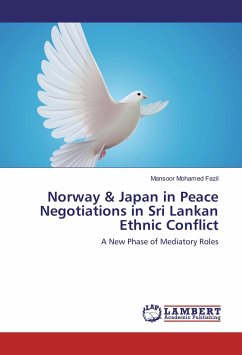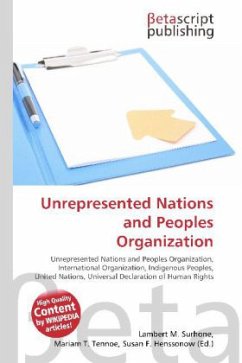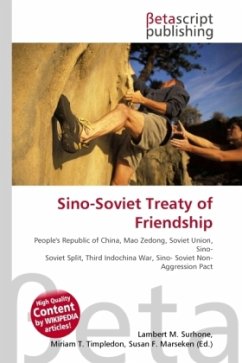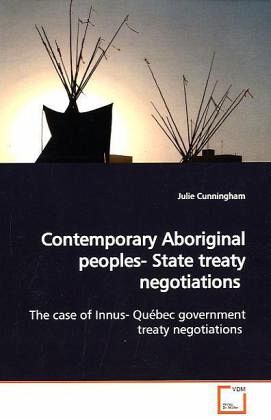
Contemporary Aboriginal peoples- State treaty negotiations
The case of Innus- Québec government treaty negotiations
Versandkostenfrei!
Versandfertig in 6-10 Tagen
45,99 €
inkl. MwSt.

PAYBACK Punkte
23 °P sammeln!
Opinions regarding the effects of contemporary State-Aboriginal peoples treaties vary. Some think it enables a new relationship between the signatory parties while others consider it only helps the State to exert its domination over Aboriginal peoples in a more legitimate fashion. This book aims to examine the adequacy of both perspectives by analyzing the content of the Agreement in principle of general nature between the First Nations of Mamuitun mak Nutashkuan and the governments of Québec and Canada. Following a short review of the literature on the topic, the broader relationship between...
Opinions regarding the effects of contemporary State-
Aboriginal peoples treaties vary. Some think it
enables a new relationship between the
signatory parties while others consider it only
helps the State to exert its domination over
Aboriginal peoples in a more legitimate fashion.
This book aims to examine the adequacy of both
perspectives by analyzing the content of the
Agreement in principle of general nature between the
First Nations of Mamuitun mak Nutashkuan and the
governments of Québec and Canada. Following a short
review of the literature on the topic, the broader
relationship between the Québec government and
Aboriginal peoples over the last 40 years will be
portrayed to gain a better understanding of the
context surrounding these negotiations. Then, the
content of the agreement in terms of aboriginal
autonomy will be highlighted as well as the
perspectives of the parties regarding its potential
to transform the nature of the relationship between
Innus and the Québec government/society. By doing
so, it is hoped to provide an alternative standpoint
in the debate regarding the value of contemporary
State-Aboriginal treaties.
Aboriginal peoples treaties vary. Some think it
enables a new relationship between the
signatory parties while others consider it only
helps the State to exert its domination over
Aboriginal peoples in a more legitimate fashion.
This book aims to examine the adequacy of both
perspectives by analyzing the content of the
Agreement in principle of general nature between the
First Nations of Mamuitun mak Nutashkuan and the
governments of Québec and Canada. Following a short
review of the literature on the topic, the broader
relationship between the Québec government and
Aboriginal peoples over the last 40 years will be
portrayed to gain a better understanding of the
context surrounding these negotiations. Then, the
content of the agreement in terms of aboriginal
autonomy will be highlighted as well as the
perspectives of the parties regarding its potential
to transform the nature of the relationship between
Innus and the Québec government/society. By doing
so, it is hoped to provide an alternative standpoint
in the debate regarding the value of contemporary
State-Aboriginal treaties.



